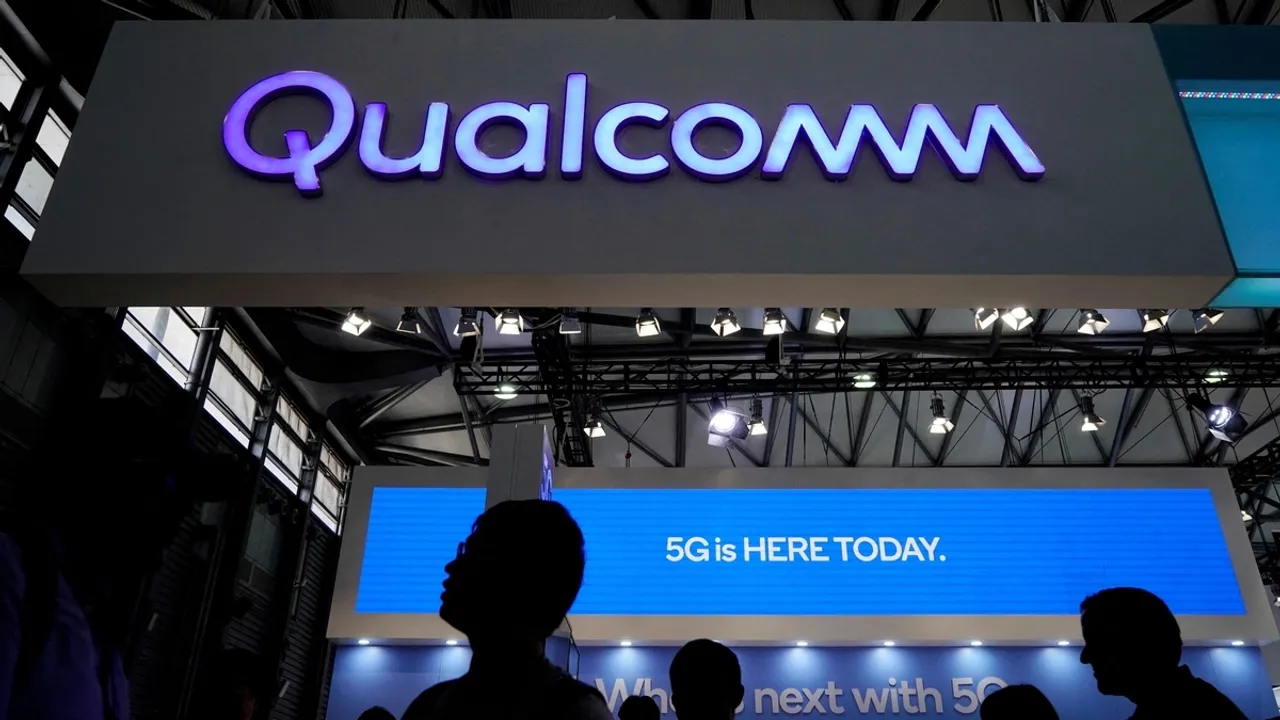EU Ordered to Pay Portion of Legal Fees in Qualcomm Case
In a recent development, the General Court of the European Union, the second-highest court in Europe, has ruled that EU regulators must pay 785,857.54 euros ($851,634) in legal fees to Qualcomm. This amount represents less than 10% of the 12 million euros initially sought by the U.S. chipmaker. The decision comes after Qualcomm successfully appealed against a 997 million euro antitrust fine imposed by the European Commission in 2018.
The General Court, based in Luxembourg, deemed Qualcomm’s requested amount “manifestly excessive,” pointing to the number of hours worked and the hourly rates used in the chipmaker’s claim. Qualcomm presented its legal bill to the European Commission in 2022, following the court’s support for the company’s challenge against the antitrust fine and the subsequent directive for the regulator to cover Qualcomm’s legal costs.
The European Commission contested Qualcomm’s claim, arguing that the appropriate reimbursement should be 405,315 euros, significantly lower than the chipmaker’s proposed sum. Qualcomm defended its billing, asserting that it reflected the significance and complexity of the case and the extensive work carried out by a team of 19 professionals.
Judges dismissed Qualcomm’s arguments in the ruling dated February 29 and published on the court’s website. They emphasized that the courts focus solely on the hours required for legal proceedings, regardless of the number of lawyers involved. Additionally, the court expressed concerns that the hourly rates were not tied to specific, identifiable tasks, and the extensive research and documentation presented by Qualcomm did not sufficiently justify the sums claimed.
The General Court set the total fee for law firm Quinn Emanuel, including expenses, at 754,190 euros and 31,667.54 euros for economic consultancy Compass Lexecon/FTI. However, the judges rejected a request for 302,658.10 euros for legal services provided by law firm Cravath Swaine & Moore. This rejection was based on the argument that these services related to documents obtained in U.S. proceedings and subsequently used as evidence in EU litigation.
This legal development adds another layer to the ongoing legal and regulatory complexities surrounding Qualcomm’s antitrust case in the European Union, highlighting the intricacies of determining fair compensation for legal costs incurred during such high-stakes legal battles.
































Comment Template